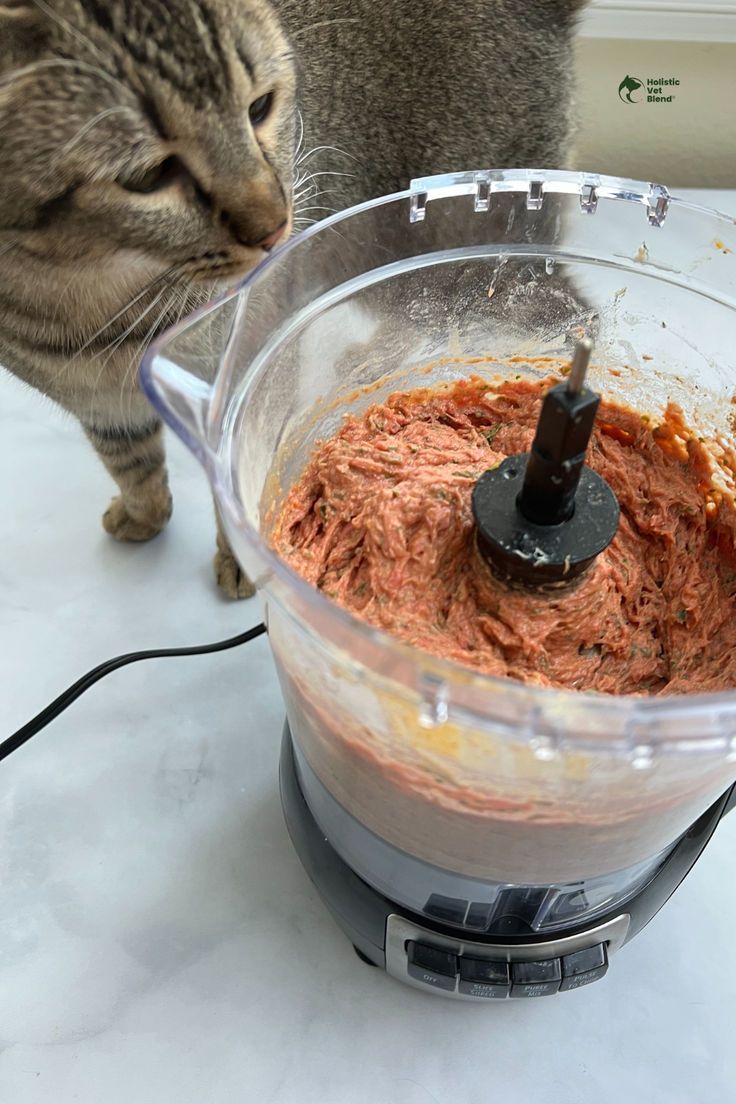As more people adopt plant-based lifestyles, many are exploring ethical, sustainable options for their pets too—including vegan wet cat food. While cats are obligate carnivores by nature, some companies now produce plant-based alternatives that claim to be nutritionally complete and safe. But is it really possible to nourish your cat without meat?
In this in-depth guide, we’ll cover everything you need to know about wet vegan cat food, from ingredients and nutrition to transitioning tips, risks, and recommended brands. If you’re curious about this growing trend or considering a dietary shift for your feline friend, read on.
What Is Vegan Wet Cat Food?
Vegan wet cat food is formulated without any animal-based ingredients. Unlike traditional canned foods made with meat or fish, these recipes use plant proteins like soy, lentils, and peas, and are fortified with synthetic nutrients such as taurine, vitamin B12, and L-carnitine—nutrients cats normally get from animal sources.
Wet vegan food offers higher moisture content, which supports hydration and kidney health. This makes it especially appealing for cats prone to urinary tract issues. For an overview of how plant-based options compare in dry form, see our guide on plant based cat food.
Can Cats Thrive on a Vegan Diet?
Cats are obligate carnivores, which means they have evolved to require specific nutrients found only in animal tissue. These include:
- Taurine – vital for heart and eye health
- Arachidonic acid – essential fatty acid
- Vitamin A (preformed) – cats cannot convert beta-carotene to vitamin A efficiently
- Vitamin B12 – only naturally found in animal products
Vegan wet cat food must include synthetic or fermented versions of these nutrients. Brands that follow AAFCO guidelines for feline nutrition can technically offer complete and balanced formulas. However, there is still limited long-term research on cats sustained entirely on plant-based diets.
Why Choose Vegan Wet Cat Food?
Pet owners might choose vegan wet cat food for various reasons:
- Ethical beliefs – Avoiding products that involve animal suffering
- Environmental concerns – Reducing carbon pawprints
- Health issues – Allergies or intolerances to common animal proteins
- Hydration support – Wet food can be beneficial for cats with kidney or urinary problems
Top Vegan Wet Cat Food Brands
If you’re interested in trying plant-based wet food for your cat, look for brands that meet nutritional standards and are transparent about their ingredient sourcing. Here are some top contenders:
- Evolution Diet: Offers canned vegan cat food with a high moisture content and taurine supplementation.
- Benevo: A UK-based company offering canned vegan cat food that complies with nutritional guidelines.
- Ami Cat: Known for its palatability, Ami’s wet food is fortified with essential amino acids and vitamins.
- Wysong Vegan: While mostly dry, this brand also explores supplemental feeding solutions.
Read the labels and ensure that the product says “complete and balanced” to avoid nutritional gaps.
Reading the Ingredient Label
Understanding what goes into your cat’s food is essential. When reviewing a vegan wet cat food label, look for the following:
- Protein sources like peas, chickpeas, or soy
- Fiber sources such as sweet potato or brown rice
- Oils like sunflower or flaxseed (for omega-3s)
- Fortified nutrients including taurine, vitamin A, and B12
Make sure these nutrients are listed among the top ingredients, not just as additives at the bottom of the label.
How to Transition to Vegan Wet Cat Food
Any sudden dietary change can upset your cat’s digestive system. Follow these steps for a smooth transition:
- Start by mixing 25% vegan wet food with 75% of your cat’s current food for 3–4 days.
- Gradually shift the ratio to 50/50, then 75/25 over the next week.
- Fully switch to 100% vegan food once your cat is eating it consistently with no adverse effects.
Monitor your cat closely for changes in stool, coat condition, energy levels, and appetite. Regular vet visits and bloodwork are essential, especially during the first 3–6 months.
Are Vegan Diets Safe for Kittens?
Feeding a kitten a vegan diet is generally discouraged. Kittens require highly digestible animal-based protein and specific nutrients in concentrated forms for healthy growth. Nutritional imbalances during this phase can cause lifelong health issues.
Common Concerns and Criticism
Vegan cat diets are controversial in the veterinary community. Critics argue that synthetic nutrients may not be as bioavailable or effective as those found in natural animal sources. Additionally, long-term studies on the effects of vegan diets on feline longevity and health are lacking.
Some cats also simply refuse to eat vegan wet food, no matter how well it’s formulated. Always prioritize your cat’s well-being over ideology.
Hydration and Urinary Health
One benefit of vegan wet cat food is its high water content. Many cats do not drink enough water, leading to issues like urinary tract infections or kidney disease. Wet food promotes hydration and can support bladder health.
Conclusion: Is Vegan Wet Cat Food Right for Your Pet?
Vegan wet cat food is an emerging solution for pet owners who want to balance ethical eating with pet care. While it is possible to meet a cat’s nutritional needs using fortified, plant-based formulas, it’s not without risk. The key is to choose high-quality, AAFCO-compliant brands and maintain regular vet checkups.
If your cat has a health condition or you’re raising kittens, traditional diets may still be the safer route. But for healthy adult cats with proper monitoring, a carefully selected vegan wet food can be a viable choice.
For more feline nutrition tips, visit our homepage at Neonatal Kitten Rescue.

5 thoughts on “Vegan Wet Cat Food: A Complete Guide for Ethical Pet Parents”